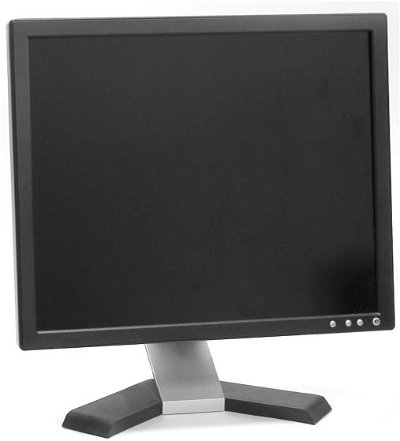 I don't mean to brag...but I just got the BEST DEAL on a new desktop computer! Sure, I paid a bit more for it but I got all of these nifty gadgets as part of the package. Want to help me set them up?
I don't mean to brag...but I just got the BEST DEAL on a new desktop computer! Sure, I paid a bit more for it but I got all of these nifty gadgets as part of the package. Want to help me set them up? Average, 10 Qns, kyleisalive,
Aug 20 20
 I don't mean to brag...but I just got the BEST DEAL on a new desktop computer! Sure, I paid a bit more for it but I got all of these nifty gadgets as part of the package. Want to help me set them up?
I don't mean to brag...but I just got the BEST DEAL on a new desktop computer! Sure, I paid a bit more for it but I got all of these nifty gadgets as part of the package. Want to help me set them up? |
|
|
|
 Quick Question
Quick Question = Top 5% Rated Quiz,
= Top 5% Rated Quiz,
 Top 10% Rated Quiz,
Top 10% Rated Quiz,
 Top 20% Rated Quiz,
Top 20% Rated Quiz,
 A Well Rated Quiz
A Well Rated Quiz
· All questions, answers, and quiz content on this website is copyright FunTrivia, Inc and may not be reproduced without permission. Any images from TV shows and movies are copyright their studios, and are being used under "fair use" for commentary and education.